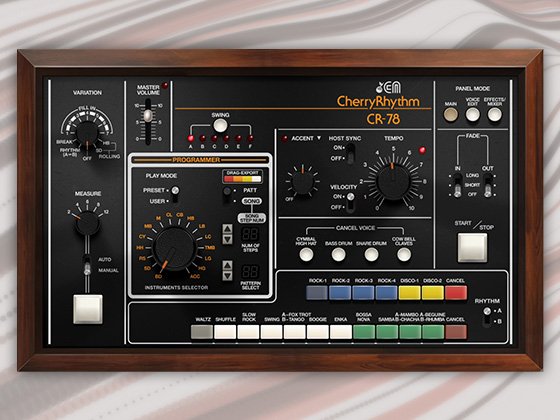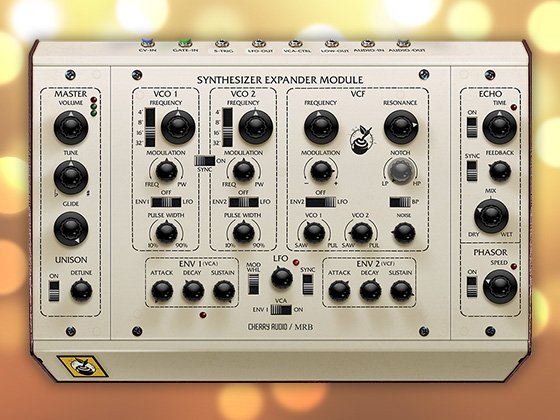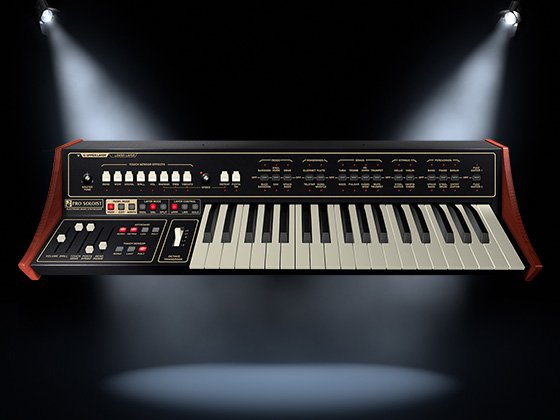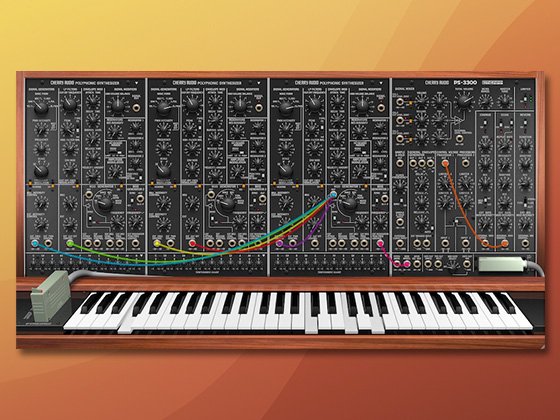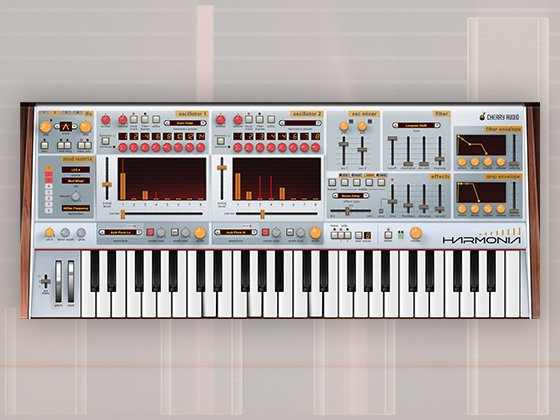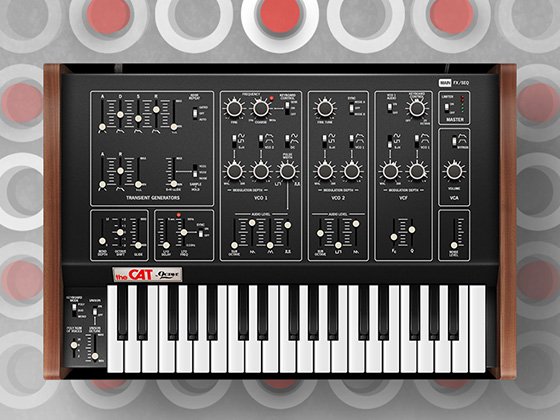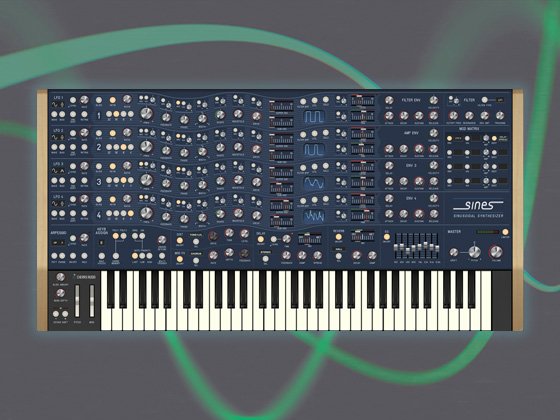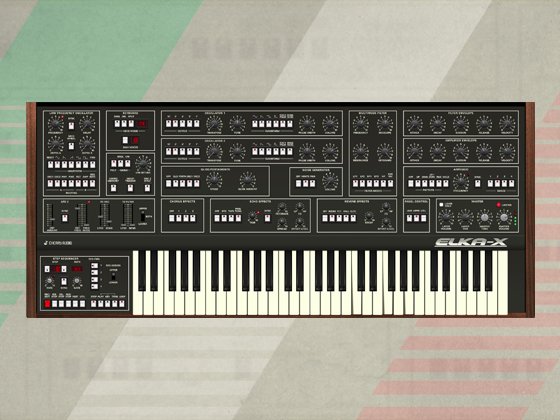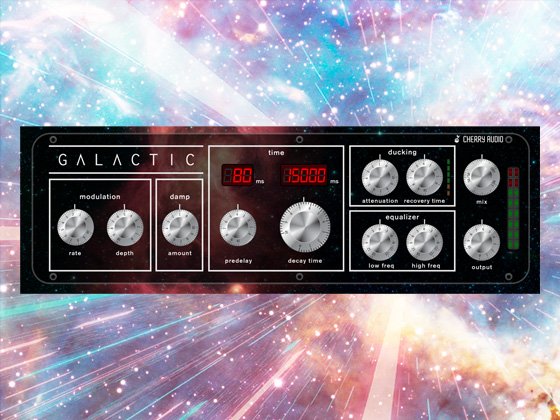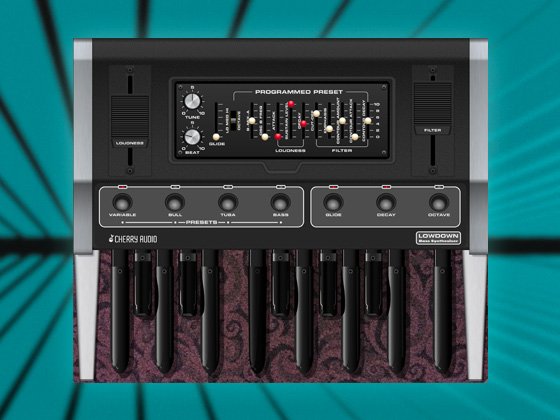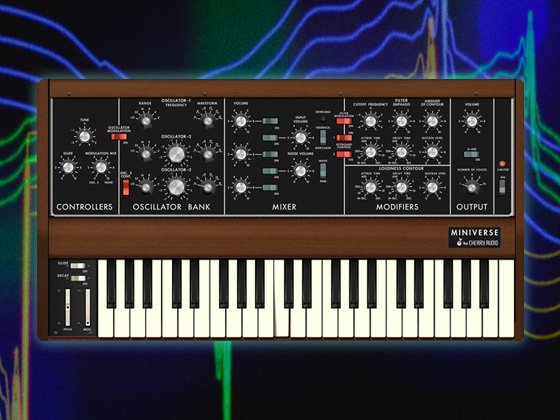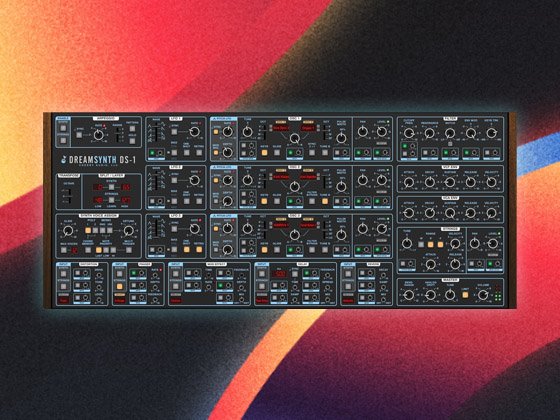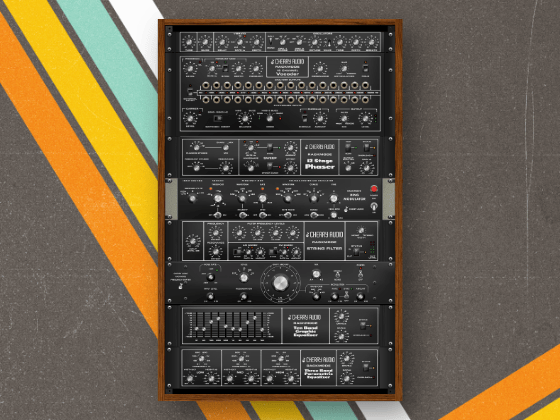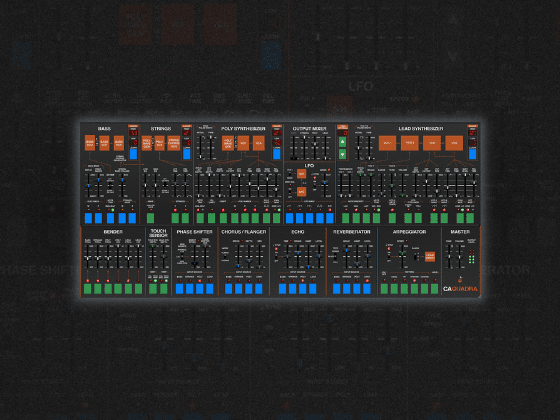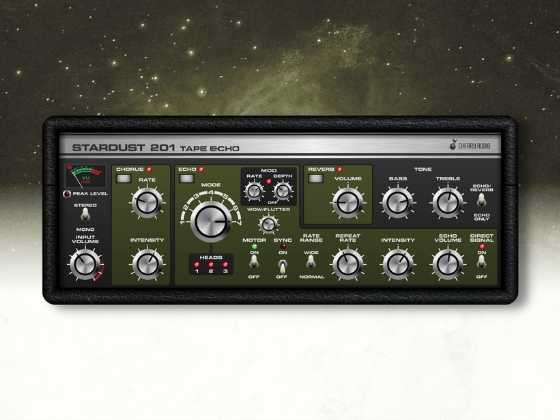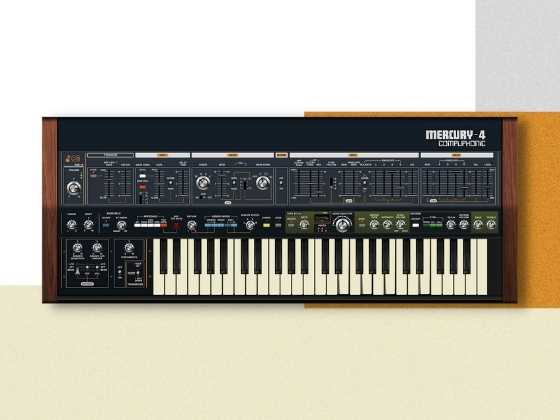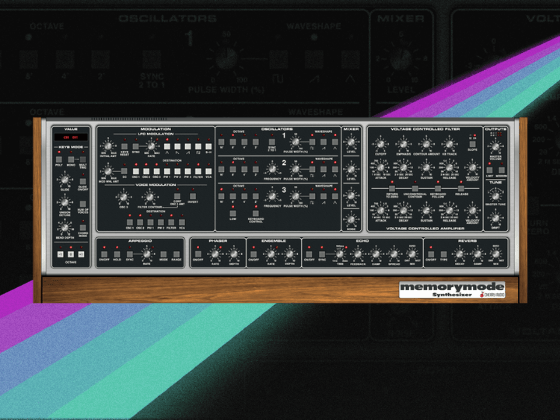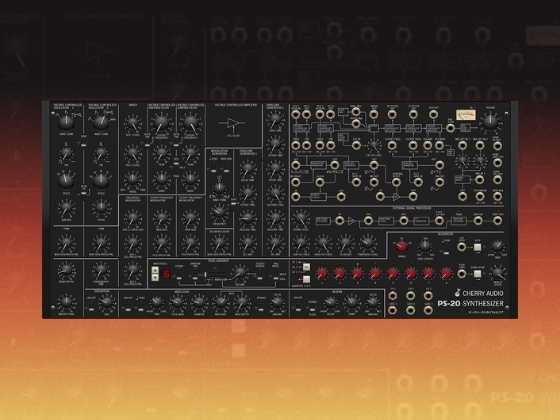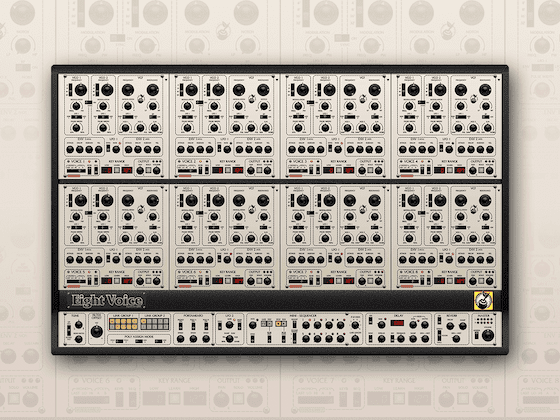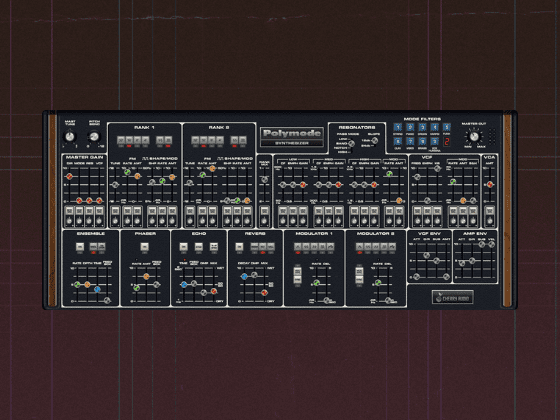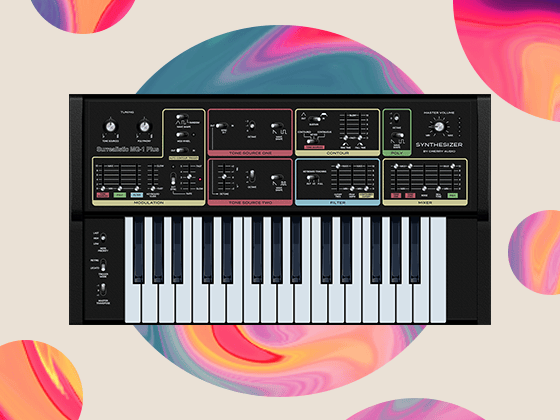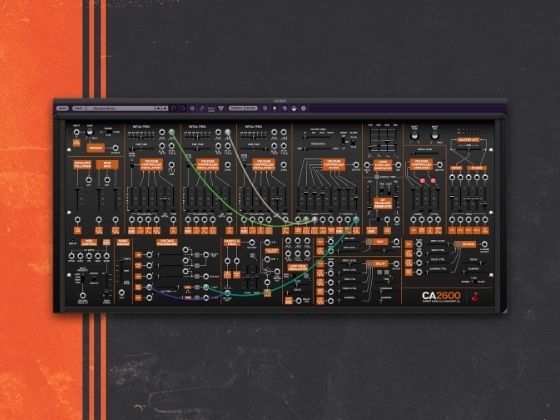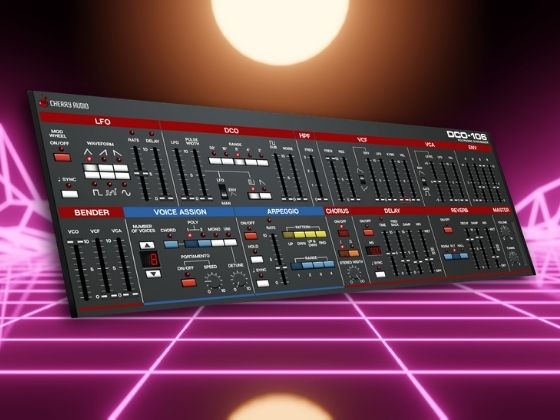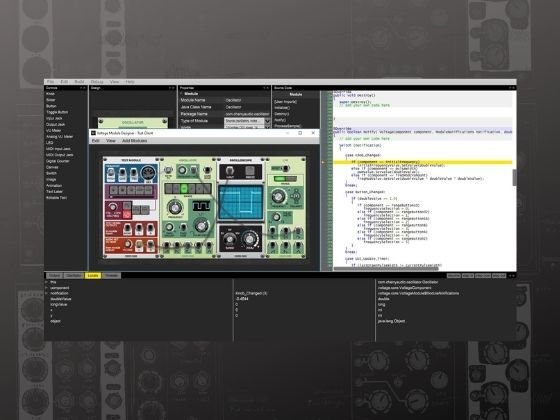$10.00
UPDATE
- The CV Input that controls the sweep is now polyphonic so that a separate sweep signal can be supplied to each audio voice being processed by the module.
- A Mix control has been added.
The Poly Flangulator is a polyphonic version of the original Centripidity Flangulator.
The Flangulator is, in some ways, a variation on the traditional flanger effect but with a few significant differences. Normally a flanger effect is created by combining the input signal with a slightly delayed version of itself which produces a comb filter effect. If the length of that delay is modulated with a sine wave then the comb filter sweeps back and forth producing the familiar flanger effect. The intensity of the effect can be varied by controlling how much of the delayed signal is fed back into the original.
The Flangulator primarily differs from a traditional flanger in that it is not the length of the delay that is modulated but the feedback strength, and this variation is non-linear and in complex space producing some very intense effects if pushed.
Primary Controls
Delay - specifies the delay introduced between the original signal and the feedback signal and is hence determines the number and spacing of teeth in the comb filter.
Feedback - Controls the overall width of the feedback, that is, how much of the delayed signal is combined with the input signal. This affects the width of the modulation.
Gain - The gain or attenuation applied to the final signal before it leaves the module.
The module also includes a bypass switch, a real-time display of the modulation level and a modulation depth control which attenuates/amplifies the incoming CV. Varying this depth can have a dramatic effect on the sound produced. At low depth levels more variety can be obtained with the addition of an external voltage offset to shift the modulation centre.
Title of Song
-
Sustained-Minor-Chord-with-Various-Flangulator-Settings-and-Modulation-Sources


























